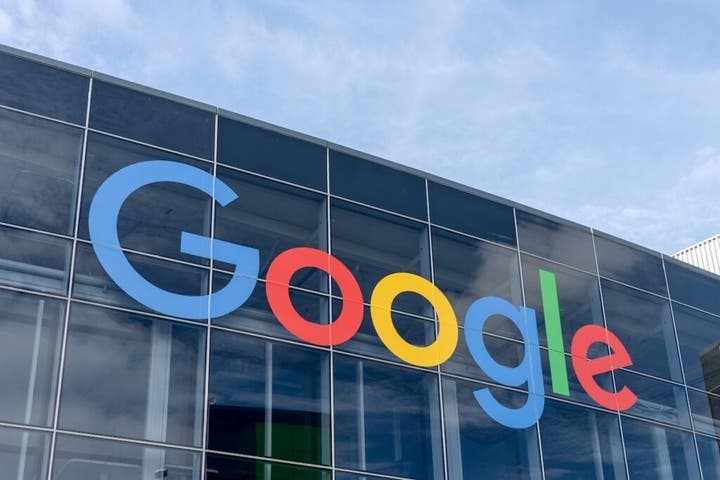
Google has signed a groundbreaking agreement with Commonwealth Fusion Systems, a nuclear startup backed by Bill Gates, in one of the first commercial deals for fusion energy. The tech giant plans to purchase 200 megawatts of power from CFS's upcoming affordable, robust, and compact fusion plant in Chesterfield County, Virginia, enough to supply roughly 75,000 homes, The Wall Street Journal reports.
According to the Journal, this deal represents a defining moment for the fusion energy sector. Fusion, the same reaction that powers the sun, has never been used commercially since most nuclear plants today rely on fission, a technology that splits atoms to produce energy. Fusion, by contrast, generates energy by fusing atoms, promising a nearly limitless supply of power with minimal radioactive waste.
Don't Miss:
- Invest early in CancerVax's breakthrough tech aiming to disrupt a $231B market. Back a bold new approach to cancer treatment with high-growth potential.
- GoSun's Breakthrough Rooftop EV Charger Already Has 2,000+ Units Reserved — Become an Investor in This $41.3M Clean Energy Brand Today
A First-Of-Its-Kind Deal Anchored by a Billionaire-Backed Vision
The new agreement between Google and CFS marks the largest direct fusion energy deal to date. CFS spun out of the Massachusetts Institute of Technology and has raised over $2 billion so far. While CFS did not disclose the exact financial terms of the Google deal, it confirmed to the Journal that the agreement is valued in the multibillion-dollar range.
Bill Gates's Breakthrough Energy Ventures is a key backer of the project, the Journal says. With this agreement, Google becomes one of the first major tech companies to commit to purchasing fusion-generated power. In 2023, Microsoft (NASDAQ:MSFT) signed a deal with Helion Energy for 50 megawatts of fusion power, but Google's deal is four times that size and includes the option to purchase additional energy from future plants.
CFS Chief Executive Bob Mumgaard believes this collaboration signals to the global market that fusion is moving from theory to application. "This puts fusion into this category of ‘this is not like someday future stuff.' This is concrete," he told The Journal.
Trending: Named a TIME Best Invention and Backed by 5,000+ Users, Kara's Air-to-Water Pod Cuts Plastic and Costs — And You Can Invest At Just $6.37/Share
Google's Race to Net Zero Fuels Investment in Fusion
The deal comes just days after Google released its latest sustainability report, which showed a significant increase in overall emissions, even as the company cut emissions at its data centers. According to the Journal, Google purchased 8 gigawatts of clean energy in 2024 but still saw total emissions grow by 11%, reaching 11.5 million metric tons of carbon dioxide equivalent.
Michael Terrell, Google's head of advanced energy, emphasized the company's commitment to pursuing clean solutions amid rising energy demands. "By entering into this agreement with CFS, we hope to help prove out and scale a promising pathway toward commercial fusion power," he told the Journal.
According to The Journal, Google views fusion as a transformative technology with the potential to meet growing energy demand, especially as existing power systems struggle with rising costs, outdated grids, and complex regulations.
See Also: Maximize saving for your retirement and cut down on taxes: Schedule your free call with a financial advisor to start your financial journey – no cost, no obligation.
The ARC fusion plant in Virginia is expected to be operational by the 2030s. If successful, The Journal says it could transform the energy landscape. With half the plant's output already committed to Google, CFS believes the deal could attract more buyers as fusion moves from theory to reality.
With billions invested and leading tech companies entering long-term contracts, the race to bring fusion to the grid is officially underway.
Read Next: Are you rich? Here’s what Americans think you need to be considered wealthy.
Image: Shutterstock







